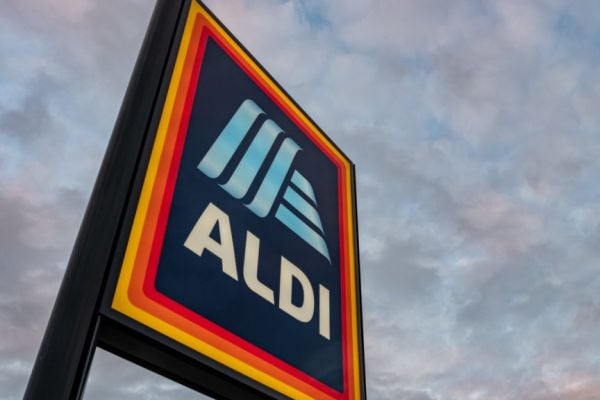Price inflation has dropped to 2.9%, the lowest level recorded so far this year, according to the latest supermarket share figures from Kantar Worldpanel. The data covers the 12-week period ending November 10, and note that inflation rates hit a high of 6.4% in January, before evening out to an average of 4% over the past 12 months.
“Fresh food has been the main driver of price inflation over the past year and this has now started to recede," said David Berry, commercial director of Kantar Worldpanel. "For example, vegetables are now cheaper on average than they were last year. This drop in price inflation has caused the value of the grocery market to slip into year-on-year decline, following six months of sales growth, as consumers continue to focus on value and savvy shopping.”
Berry noted that an area that continues to experience significant inflationary pressure is alcohol. He said that increased duty on alcohol as part of the October budget has affected wine in particular, where the average price has increased by 16%. As a result, 51,000 fewer shoppers have put wine in their baskets; while those who continue to buy have cut back by almost one bottle over the past 12 weeks.
In terms of the performance of Ireland's biggest supermarkets, Tesco saw drop of 6% in sales year-on-year, causing its market share to fall from 28% to 26.5%. Dunnes, however, saw a 2.3% sales hike, bringing its share from 23% to 23.6%, with the retailer “performing ahead of the market,” according to Berry.
SuperValu’s share and sales remained consistent this period, while Superquinn saw a 3.9% decline in sales. “SuperValu’s share of the market has increased slightly with sales remaining in line with last year,” said Berry.
The discounters combined sales grew 13.7%, with Aldi continuing to set the pace, however, as Berry explains, "this is the first time its year on year growth has dipped below 20% since April 2012, highlighting stiff competition in the grocery market.”
Berry explained that as Aldi has become bigger, it is finding it harder to sustain a significant level of growth. “Also there is an impact on discounters as other retailers engage in promotional activity," he said. "Essentially, as they get bigger, growing by 25% becomes harder, as competition becomes stronger.”
One of the noticeable changes in supermarket promotions is the recent switch to money-off vouchers when spending a fixed amount. Berry says that this is definitely affecting market share, and that Dunnes has shown the most activity in these types of promotions recently, which has led to a rise in their market share. “What you see from it is if the competitors have a promotion out there it will impact Tesco first, as they are the market leader. When you see Tesco declining, you know that it is as a direct result of the other retailers engaging in price promotions.”
© 2013 - Checkout Magazine by Genna Patterson








